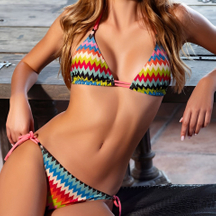Content Menu
● Understanding Private Label Swimwear
>> Benefits of Partnering with Private Label Swimwear Manufacturers
● Current Trends in the Swimwear Market
>> 1. Sustainability and Eco-Friendly Practices
>> 2. Customization and Personalization
>> 3. Technological Innovations
>> 4. Fashion-Forward Designs
>> 5. Inclusive Sizing
● Strategies for Competing in a Saturated Market
>> 1. Identify Your Target Audience
>> 2. Develop a Unique Brand Identity
>> 3. Utilize Social Media Marketing
>> 4. Focus on Quality and Sustainability
>> 5. Offer Seasonal Collections
● Marketing Your Swimwear Brand Effectively
● Case Studies: Successful Brands Using Private Label Swimwear Manufacturers
● The Future of Swimwear: Market Projections
● Conclusion
● Frequently Asked Questions (FAQs)
>> 1. What is private label swimwear?
>> 2. How do I choose a private label swimwear manufacturer?
>> 3. What are the cost implications of private labeling?
>> 4. Can I customize my swimwear designs?
>> 5. How quickly can I launch my swimwear line using private labeling?
● Citations:
In today's competitive fashion landscape, particularly in the swimwear sector, standing out is more crucial than ever. With countless brands vying for consumer attention, leveraging private label swimwear manufacturers can be a game-changer for businesses looking to carve out their niche. This article explores how these manufacturers can empower brands to thrive in a saturated market, focusing on the benefits, strategies, and insights that can lead to success.
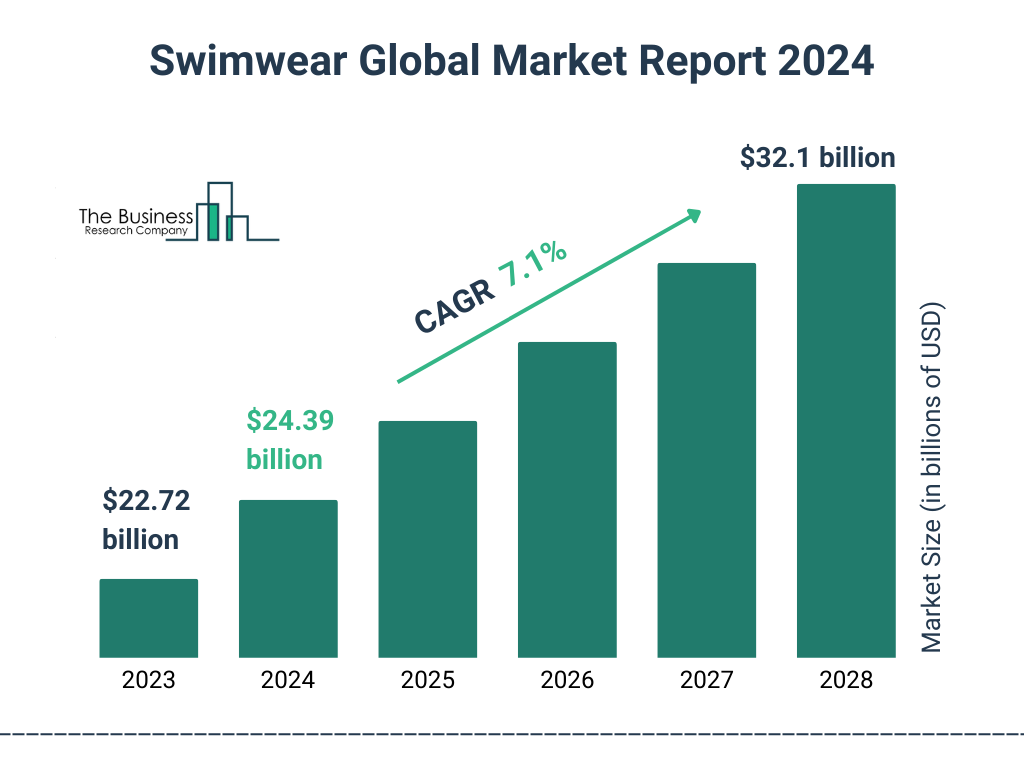
Understanding Private Label Swimwear
Private label swimwear refers to garments produced by one company but sold under another brand's name. This model allows businesses to offer unique products without the complexities of manufacturing themselves. By collaborating with private label swimwear manufacturers, brands can focus on marketing and sales while benefiting from the expertise and resources of established manufacturers.
Benefits of Partnering with Private Label Swimwear Manufacturers
1. Cost-Effectiveness: One of the primary advantages of working with private label manufacturers is cost savings. Brands can avoid hefty development fees associated with custom manufacturing, such as pattern making and grading. Instead, they can select from existing designs and focus their budget on marketing and brand development.
2. Faster Time to Market: In the fashion industry, speed is essential. Private label manufacturers often have ready-to-go designs that allow brands to launch their products quickly. This agility enables businesses to respond to market trends and consumer demands more effectively.
3. Brand Control: Partnering with private label manufacturers provides brands with significant control over their product offerings. Companies can choose fabrics, colors, and designs that align with their brand identity, ensuring that their swimwear stands out in a crowded marketplace.
4. Customization Options: Many private label swimwear manufacturers offer customization options that allow brands to tailor products to meet specific customer preferences. This flexibility can include everything from unique prints to eco-friendly materials, catering to the growing demand for sustainable fashion.
5. Quality Assurance: Established private label manufacturers often have rigorous quality control processes in place. By partnering with reputable companies, brands can ensure that their swimwear meets high standards of quality and durability, which is crucial for customer satisfaction and brand loyalty.

Current Trends in the Swimwear Market
To effectively leverage private label swimwear manufacturers and compete in a saturated market, brands need to understand current trends shaping the industry:
1. Sustainability and Eco-Friendly Practices
As consumers become increasingly environmentally conscious, the demand for sustainable swimwear options is rising. Private label swimwear manufacturers are responding by incorporating eco-friendly materials such as recycled polyester and organic fabrics into their production processes. Brands that prioritize sustainability not only appeal to eco-conscious consumers but also enhance their brand image.
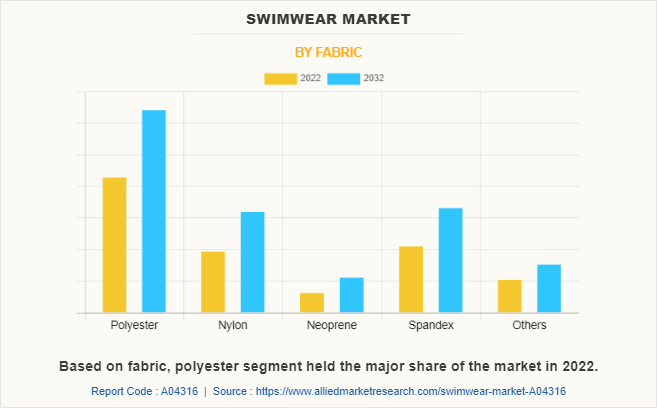
2. Customization and Personalization
Today's consumers seek unique products that reflect their personal style. This trend drives the popularity of custom-printed swimwear, where customers can choose specific designs, colors, and patterns. Advances in digital printing technology have made it easier for brands to offer customized options without significant cost increases.
3. Technological Innovations
Technological advancements are transforming swimwear design and functionality. Innovative fabrics that offer UV protection, quick-drying capabilities, and enhanced durability are becoming standard. Additionally, bright swimwear with sensors for sun exposure or body temperature is emerging, catering to health-conscious consumers.
4. Fashion-Forward Designs
Aesthetic appeal is more important than ever as consumers look for fashionable swimwear that can be worn beyond the beach or pool. Multifunctional pieces like swimwear that doubles as activewear or stylish cover-ups are gaining popularity. Designers are experimenting with bold prints, vibrant colors, and innovative cuts to create eye-catching pieces that stand out.
5. Inclusive Sizing
The body positivity movement has prompted swimwear manufacturers to expand their size ranges to cater to diverse body types. Offering flattering pieces for all shapes and sizes helps brands reach a broader audience while fostering a positive brand image.
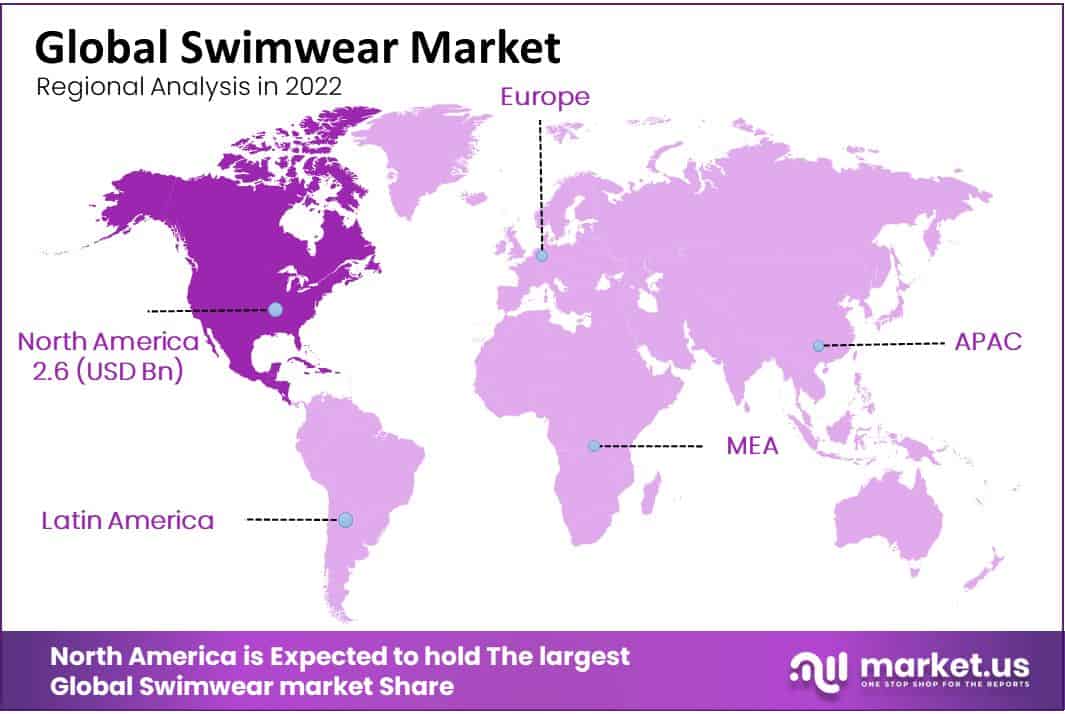
Strategies for Competing in a Saturated Market
To effectively leverage private label swimwear manufacturers and compete in a saturated market, brands should consider the following strategies:
1. Identify Your Target Audience
Understanding your target audience is essential for creating products that resonate with consumers. Conduct market research to identify trends, preferences, and pain points within your niche. This insight will guide your collaboration with private label manufacturers to develop products that meet specific consumer needs.
2. Develop a Unique Brand Identity
A strong brand identity helps differentiate your swimwear line from competitors. Work closely with private label manufacturers to create unique designs and branding elements that reflect your brand's ethos. This can include custom labels, packaging, and marketing materials that reinforce your brand message.
3. Utilize Social Media Marketing
Social media platforms are powerful tools for promoting swimwear brands. Utilize visually appealing content such as photos and videos showcasing your products in real-life settings (e.g., beaches or pools). Collaborating with influencers who align with your brand can also enhance visibility and credibility.
4. Focus on Quality and Sustainability
Consumers are increasingly conscious of quality and sustainability when making purchasing decisions. Partnering with private label swimwear manufacturers who prioritize ethical production practices and sustainable materials can enhance your brand's reputation and appeal to eco-conscious buyers.
5. Offer Seasonal Collections
To keep your product offerings fresh and exciting, consider launching seasonal collections that reflect current trends or themes (e.g., summer styles or holiday specials). This approach not only keeps your brand relevant but also encourages repeat purchases from loyal customers.
Marketing Your Swimwear Brand Effectively
Effective marketing strategies are essential for gaining traction in a saturated market:
- Content Marketing: Develop engaging blog posts or videos showcasing styling tips or behind-the-scenes looks at your design process.
- Email Campaigns: Use email marketing tools to keep customers informed about new collections or promotions.
- Influencer Collaborations: Partner with influencers who resonate with your target audience for authentic promotion of your products.
- User-Generated Content: Encourage customers to share photos wearing your swimwear on social media using specific hashtags.
- Pop-Up Events: Host pop-up shops in popular beach destinations or urban areas during peak seasons to attract new customers.

Case Studies: Successful Brands Using Private Label Swimwear Manufacturers
Several successful swimwear brands have effectively utilized private label manufacturing to establish their presence in the market:
- Abely Fashion: Known for its commitment to quality and style, Abely Fashion has helped numerous brands create high-quality swimwear collections tailored to their unique identities.
- Mukura Swimwear: With a focus on customization and sustainability, Mukura offers low minimum order quantities (MOQs) that appeal to startups looking to enter the market without significant upfront investment.
- Liv Brasil: This manufacturer specializes in eco-friendly fabrics, allowing brands to cater to environmentally conscious consumers while maintaining high-quality standards.
The Future of Swimwear: Market Projections
The global swimwear market is projected to grow significantly over the next decade due to increasing disposable incomes and changing fashion trends:
- The market size was valued at approximately $20 billion in 2022 and is expected to reach around $30 billion by 2032.
- Factors contributing to this growth include rising interest in swimming as a leisure activity and increasing demand for fashionable yet functional swimwear options.
Conclusion
Partnering with private label swimwear manufacturers provides an excellent opportunity for brands looking to succeed in a saturated market. By leveraging their expertise in production while focusing on branding and marketing strategies, businesses can create unique offerings that resonate with consumers. With careful planning and execution, any brand can thrive amidst competition by utilizing the advantages offered by private label partnerships.
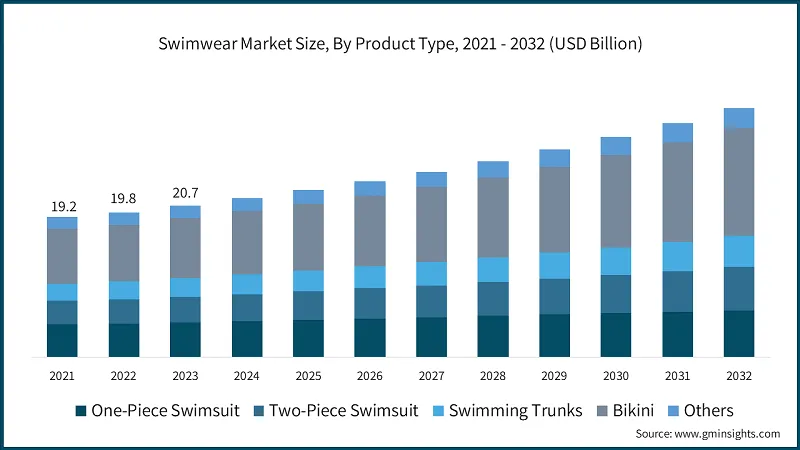
Frequently Asked Questions (FAQs)
1. What is private label swimwear?
- Private label swimwear refers to garments manufactured by one company but sold under another brand's name.
2. How do I choose a private label swimwear manufacturer?
- Look for manufacturers with experience, quality assurance processes, customization options, and positive reviews from other brands.
3. What are the cost implications of private labeling?
- Private labeling typically reduces costs associated with custom manufacturing while allowing brands to maintain control over product design.
4. Can I customize my swimwear designs?
- Yes! Many private label manufacturers offer customization options for fabrics, colors, prints, and more.
5. How quickly can I launch my swimwear line using private labeling?
- The timeline varies by manufacturer but often allows for quicker launches compared to traditional custom manufacturing methods.
Citations:
[1] https://swimwearbali.com/worldwide-trend-projections-in-the-swimwear-market-from-2024-to-2032-2/
[2] https://balisummer.com/global-swimwear-market-trends-2024-to-2032/
[3] https://onlineyougrow.com/blogs/news/swimwear-brand-marketing-plan
[4] https://www.vogue.com/article/swimsuit-trends
[5] https://www.swimwearmanufacturers.co.uk/post/global-forecast-for-the-swimwear-market-2024
[6] https://www.swimwearmanufacturers.co.uk/post/dive-in-headfirst-key-considerations-for-your-swimwear-brand-launch
[7] https://www.thebusinessresearchcompany.com/report/swimwear-global-market-report
[8] https://baliswim.com/marketing-your-swimwear-brand/






















